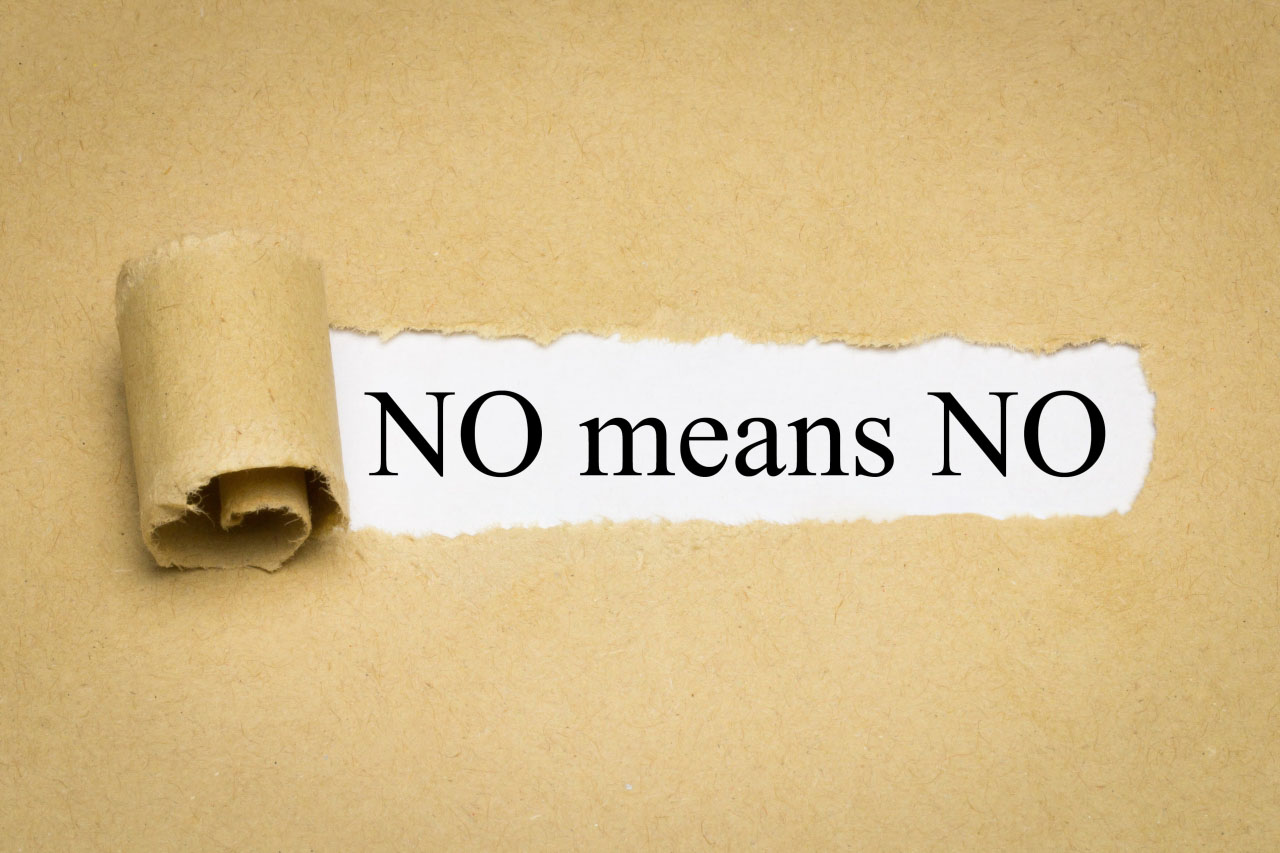Consent Can Change - Understanding Withdrawal and Boundaries

One of the most misunderstood aspects of consent is that it’s not a one-time agreement. Even if someone said “yes” earlier, they are always free to say “no” later. Consent must remain ongoing, enthusiastic, and reversible, meaning it can be withdrawn at any time, for any reason.
This simple truth is often overlooked, yet it’s vital to ensuring sexual and emotional safety for everyone.
What Does It Mean to Withdraw Consent?
Withdrawal of consent means that a person no longer wants to continue with the activity, even if they previously agreed to it. It may happen suddenly or gradually and it may be communicated verbally (“stop,” “no,” “I don’t want to”) or non-verbally (pulling away, freezing, crying, going quiet).
The key message is clear:
No is a complete sentence.
You do not need to justify or explain why you’re withdrawing consent.
How to Recognise Withdrawal
Being attuned to the other person’s verbal and non-verbal cues is critical. Here are signs that someone may have withdrawn consent:
- They stop responding or go silent
- Their body language becomes tense, withdrawn, or uncomfortable
- They move away, turn their head, or try to disengage
- They say or signal that they want to stop
If any of these cues appear — stop immediately. Continuing after consent has been withdrawn is not only unethical but may constitute assault under Australian law.
What To Do When Consent Changes
If someone withdraws consent:
- Stop immediately.
- Check in calmly and respectfully.
- Do not pressure them for an explanation.
- Ensure they feel safe and supported.
- Take a moment to reflect on how to better communicate and respect boundaries in the future.
Withdrawal doesn’t have to create shame or awkwardness. It’s a normal part of sexual communication and a sign that both parties feel safe enough to express their boundaries honestly.
Why This Conversation Matters
Normalising the idea that consent can change empowers people to listen to their bodies and emotions and to communicate openly without fear. By teaching and modelling that withdrawal is always acceptable, we build a culture rooted in respect, safety, and mutual understanding.
Learn in a space where your questions are welcome
Join live sessions or watch on demand — all created by professionals who understand the real-world challenges of exploring sexuality, identity and connection.
- Sexuality & identity
- Consent & communication
- Relationships & intimacy
- Confidence & self expression
- Disability & sexual wellness
- Support & education for carers



